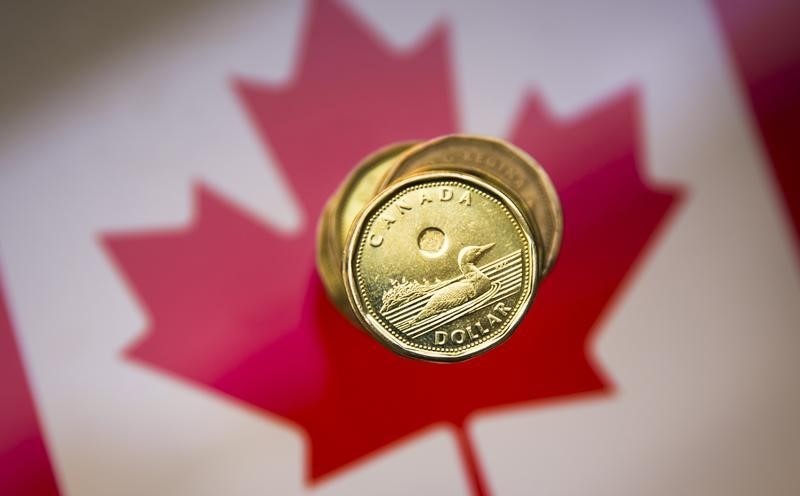* Canadian dollar at C$1.3394, or 74.66 U.S. cents
* Loonie touches its strongest since Nov. 9 at C$1.3378
* Bond prices higher across the yield curve
TORONTO, Nov 22 (Reuters) - The Canadian dollar strengthened to a nearly two-week high against its U.S. counterpart on Tuesday as investors weighed prospects of an output cut by major oil producers and domestic retail sales rose for the first time in three months.
Canadian retail sales rose 0.6 percent in September, in line with economists' expectations, but would have been flat without the increased purchases of cars and parts, data from Statistics Canada showed. After removing the effects of price changes, retail sales climbed 0.6 percent. prices reached their highest this month before turning lower. A growing consensus has emerged in the market that OPEC will overcome internal disputes and scepticism to strike a deal that materially reduces crude output. O/R
U.S. crude CLc1 prices were down 0.17 percent at $48.16 a barrel. Oil is one of Canada's major exports.
At 9:23 a.m. EDT (1423 GMT), the Canadian dollar CAD=D4 was trading at C$1.3394 to the greenback, or 74.66 U.S. cents, stronger than Monday's close of C$1.3413, or 74.55 U.S. cents.
The currency's weakest level of the session was C$1.3433, while it touched its strongest since Nov. 9 at C$1.3378.
An Asia-Pacific trade deal stands almost no chance of working now that U.S. President-elect Donald Trump has vowed to pull the plug on it, proponents of the pact said. The TPP, which aims to cut trade barriers in some of Asia's fastest-growing economies and stretch from Canada to Vietnam, cannot take effect without the United States. TPP countries as a group would be Canada's largest trading partner, with more than 70 percent of Canada's trade and investment flowing through the region, according to Global Affairs Canada.
Canadian government bond prices were higher across a flatter yield curve, with the two-year CA2YT=RR up 1 Canadian cent to yield 0.669 percent and the benchmark 10-year CA10YT=RR rising 20 Canadian cents to yield 1.548 percent.
The 2-year yield fell 0.5 of a basis point further below its U.S. equivalent to leave the spread at -42.8 basis points, its largest gap since January, as Treasuries underperformed at the front of the curve.
